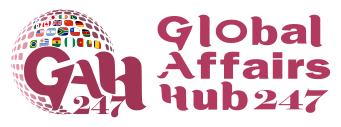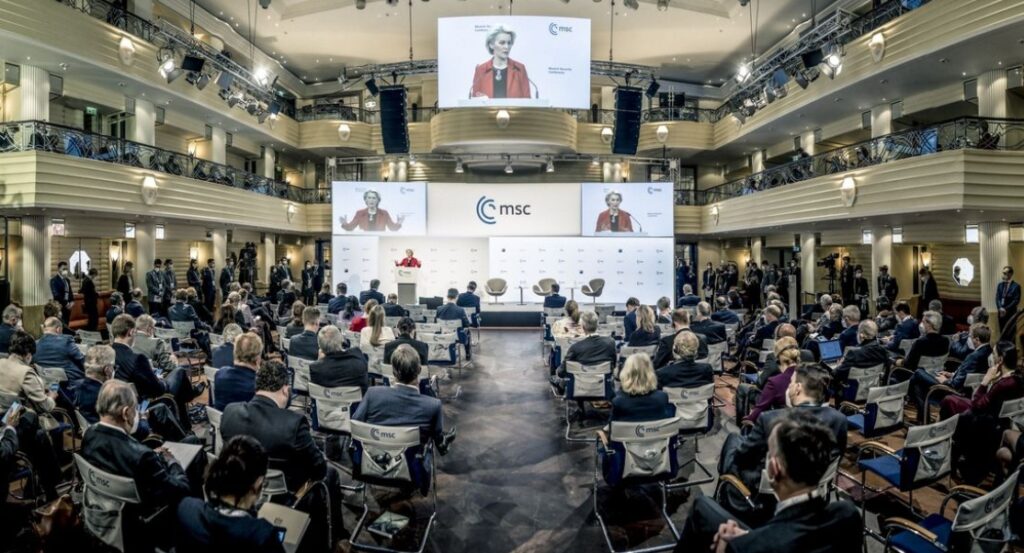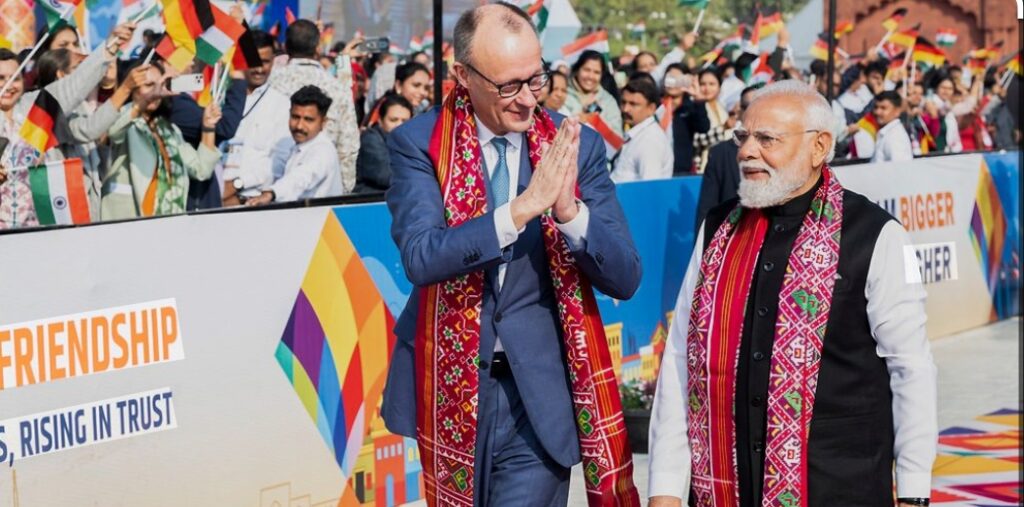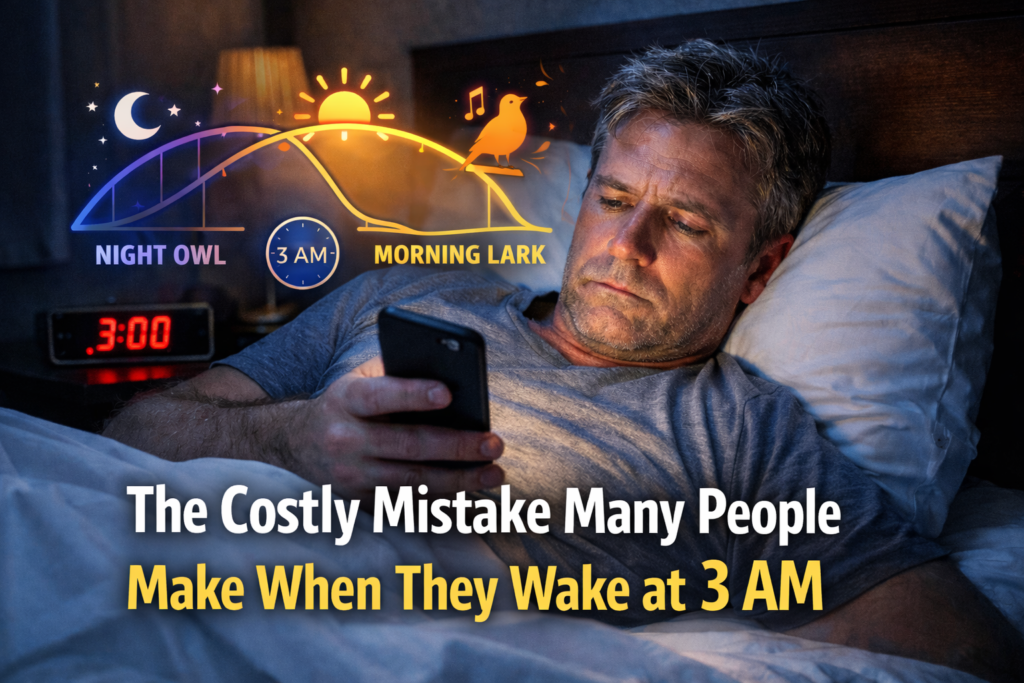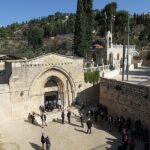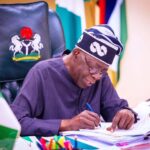Poor trust and non-compliance caused low voter turnout in Nigeria’s 2023 elections, according to Peace Committee
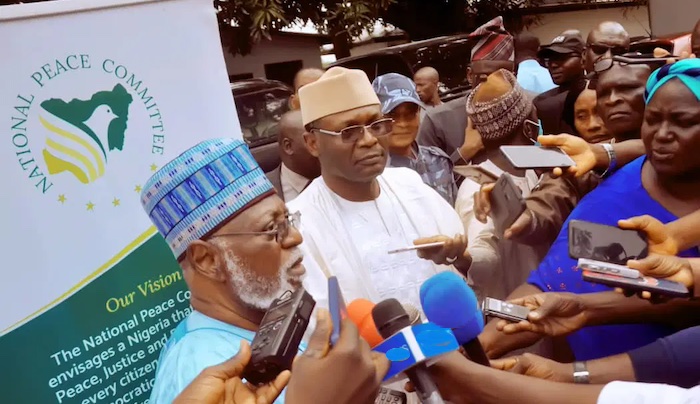
The National Peace Committee (NPC) says that the amount of violence that followed the election was caused by institutions that were involved not fully following the laws, policies, and guidelines that were in place at the time.
The Peace Committee, which is led by former Head of State Gen. Abdulsalami Abubakar (retd) and Bishop Matthew Hassan Kukah, talked about why fewer people than expected showed up to vote in the 2023 general elections.
Friday in Abuja, the NPC’s 2023 General Elections Report was formally presented. The head of the NPC’s secretariat, Rev. Atta Barkindo, said that one of the biggest problems with the election was that agencies weren’t following the rules, policies, and laws that were already in place for the elections.
In a very close election, President Bola Ahmed Tinubu beat Peter Obi, former Vice President Atiku Abubakar, and twelve other candidates. One of the lowest voting turnouts in U.S. history happened in the 2023 presidential election.
Only 24.9 million of the 93.47 million people who were qualified to vote actually did so in the 2023 presidential and National Assembly elections.
The lowest number of voters since the return to democracy in 1999—26.72 percent—came out to the polls. Barkindo said, There is also the problem of a lack of trust, which is why people are interested in registering to vote.
But not many people showed up to vote.
And we also see that people across the country don’t know much about politics.
There are also problems with technology and the way that poverty and homelessness affected the credibility of the elections in the end, Barkindo said.
He said that going forward, the Independent National Electoral Commission (INEC) and other groups in charge of elections should really think about what the peace committee has said.
That’s why we all need to be involved in making sure the elections are free, fair, and trustworthy.
People should expect the government to do certain things, like changing people’s social and economic situations to get them to care about the election process.
There are also things that the election management group (INEC) needs to do in order to follow the rules that have been set up.
And the changing culture of our political parties, where parties are expected to just follow their own rules, policies, and constitutions.
Concerning the lack of trust, the study pointed out that during the 2023 election cycle, more people registered to vote did not mean more people showed up to vote on election day.
It said this was a big loss because both the government and the group in charge of the elections had promised free, fair, and trustworthy elections.
A promise like this was made by President Muhammadu Buhari in his speech at the second signing of the Peace Accord on February 18, 2023. Many Nigerians were told by the head of INEC that the elections would be free, fair, and trustworthy.
It was clear that security services wanted to follow the rules and keep people safe. But when it mattered, officials from different agencies didn’t follow the laws, rules, and policies that were already in place.
Like in previous elections, all of these things affected how people thought about the election management bodies, making them question their neutrality, impartiality, and objectivity.
“Because of a lack of trust, only 29% of people who were eligible to vote in the 2023 presidential election did so,” the study said. This was down from 69% in 2003 and 53% in 2011.
.
